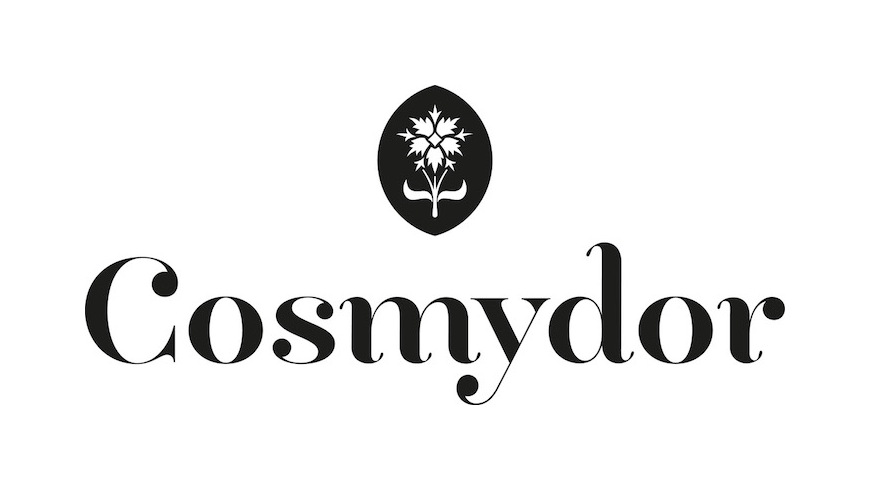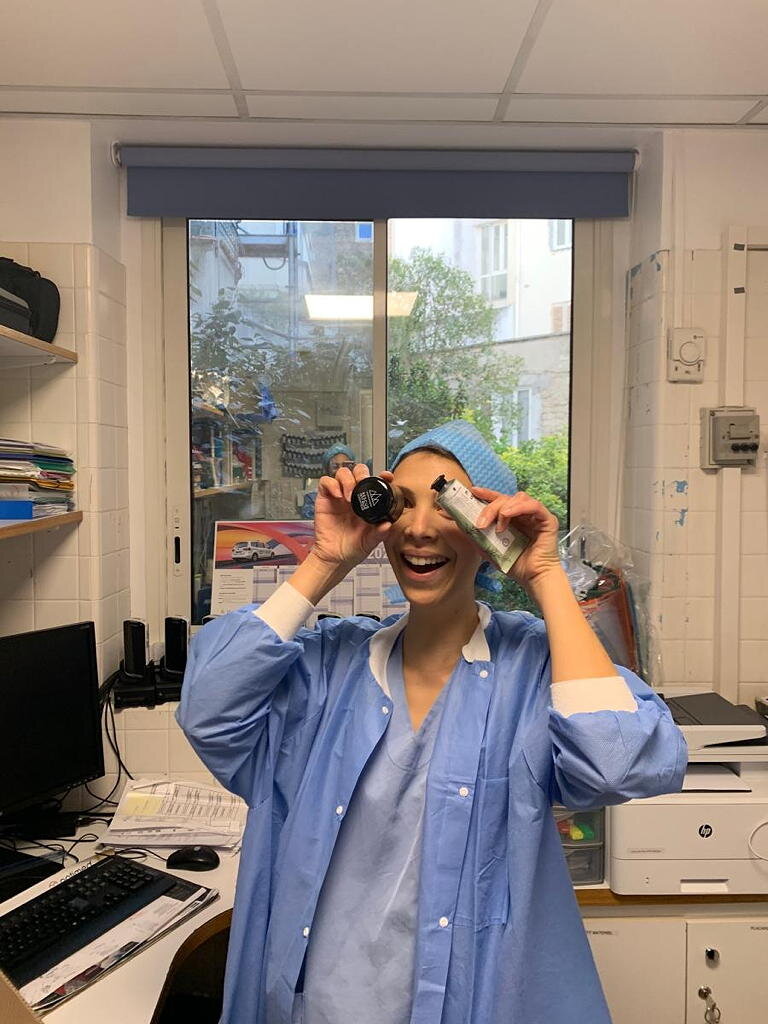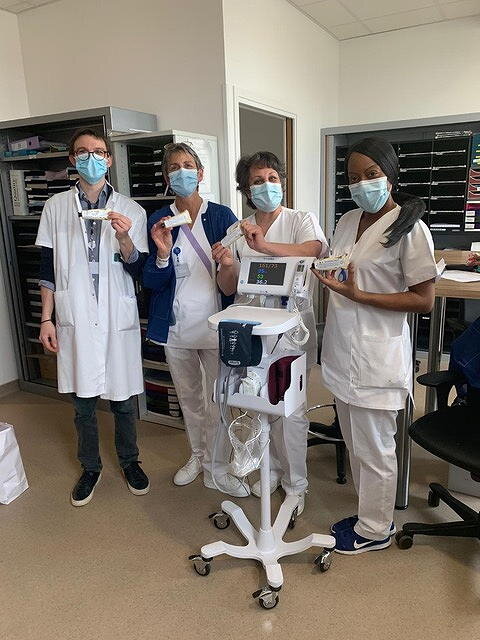What does it mean to be a “virtuous cosmetics” brand during a health crisis?
Cosmydor’s Visual for “Helping Hands Save Lives”
It is important to remember that the distinction between health and skincare products is purely legal. It assumes that skincare products do not get into our bodies, which is incorrect from a biological standpoint. This distinction results in two levels of regulation (how regulated skincare products are depends on the region – with more regulations in Europe and Japan – while health products are heavily regulated pretty much everywhere).
The coronavirus crisis made us sit down and think about this distinction, and the obvious links between health products and skincare, and about what it means to be a cosmetics brand in this difficult time. As a heritage brand, we have the luxury of being able to take a step back and think long-term.
Cosmydor was actually founded as a result of a health situation in Europe: due to industrialisation and the urbanisation of societies, which led to higher population densities, the need for hygiene became critical in the second half of the 19th century.
At that time, “skincare” meant mostly cleansing. Most skincare until the mid-19th century was based on vinegar (e.g. Buly). Cleansing certainly, but not really moisturising. In 1860, a new generation of skincare emerged thanks to Crème Simon which worked out how to stabilise and increase the production of glycerine, a cheap and efficient moisturiser extracted from the soap-making process. In parallel, soap-making itself progressed quickly, which had a fundamental impact on societies: with hygiene becoming widespread and affordable, the occurrence of some illnesses started to decrease, and life expectancy started to increase dramatically. Cosmydor, which launched in 1877, was active in skincare and cleansing products. The company grew quickly and was a big success both in France and internationally for a century.
Fast-forwarding to 2020, Cosmydor, like everyone else on the planet, is feeling the magnitude of the changes brought about by the coronavirus crisis. Fairly advanced on its journey to sustainability, the brand believes that, after the crisis, some of its values will be more widely adopted. For instance, the local sourcing of packaging (99.5% in Europe) is a way to decrease its CO2 footprint and avoid issues with far-off suppliers. We are also more convinced than ever that artisanal manufacturing, sustainability, and respect for the planet should be promoted and actually implemented in business processes (rather than just discussed at conferences).
However, as a “virtuous” brand, we felt we needed to do more to help, in a meaningful way. Thinking about our core business – handmade products – and about which of our products have sold best since the beginning of the crisis (Essential Care creams, mostly for hands), and aware that medical staff’s work is tough on their hands, we concluded that we had to help their hands, the very hands that save lives and provide comfort to patients.
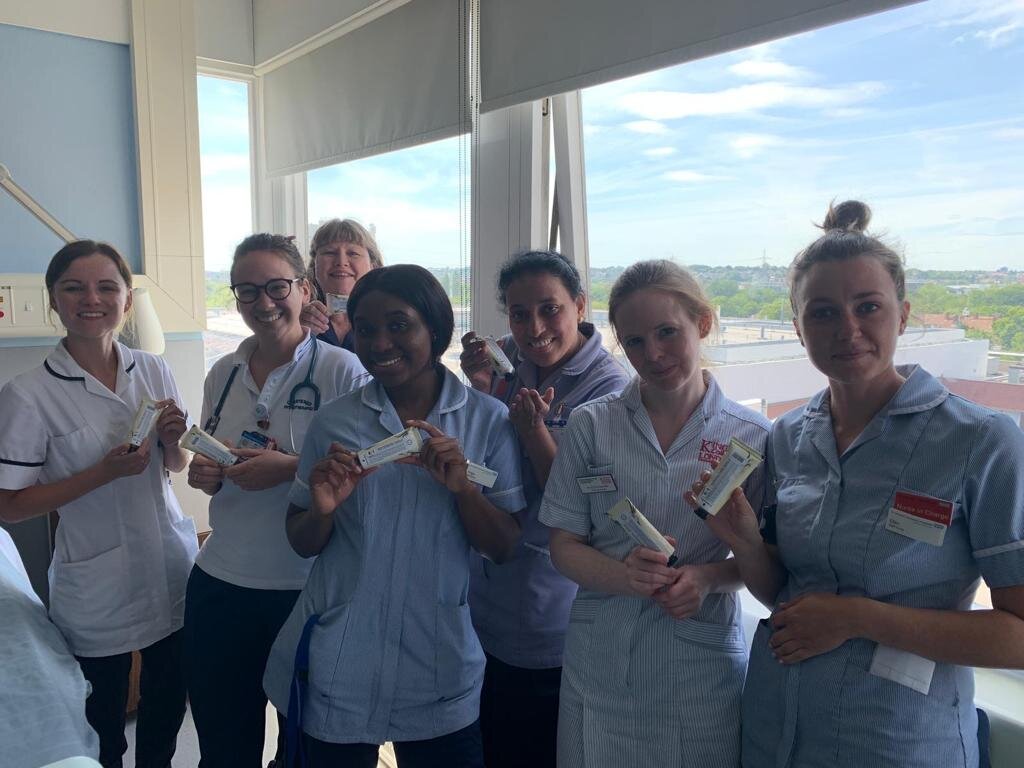
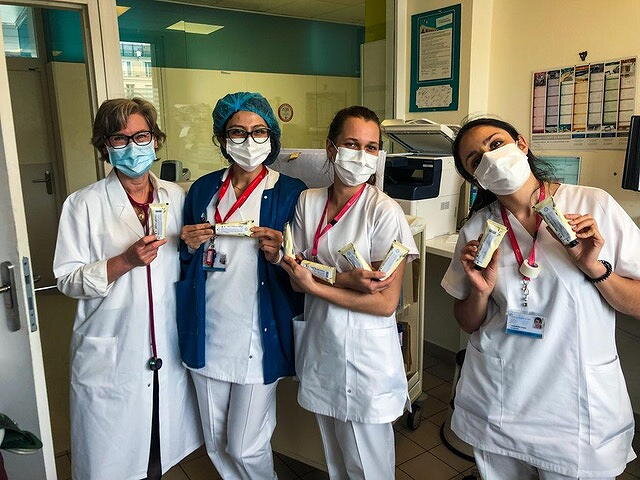
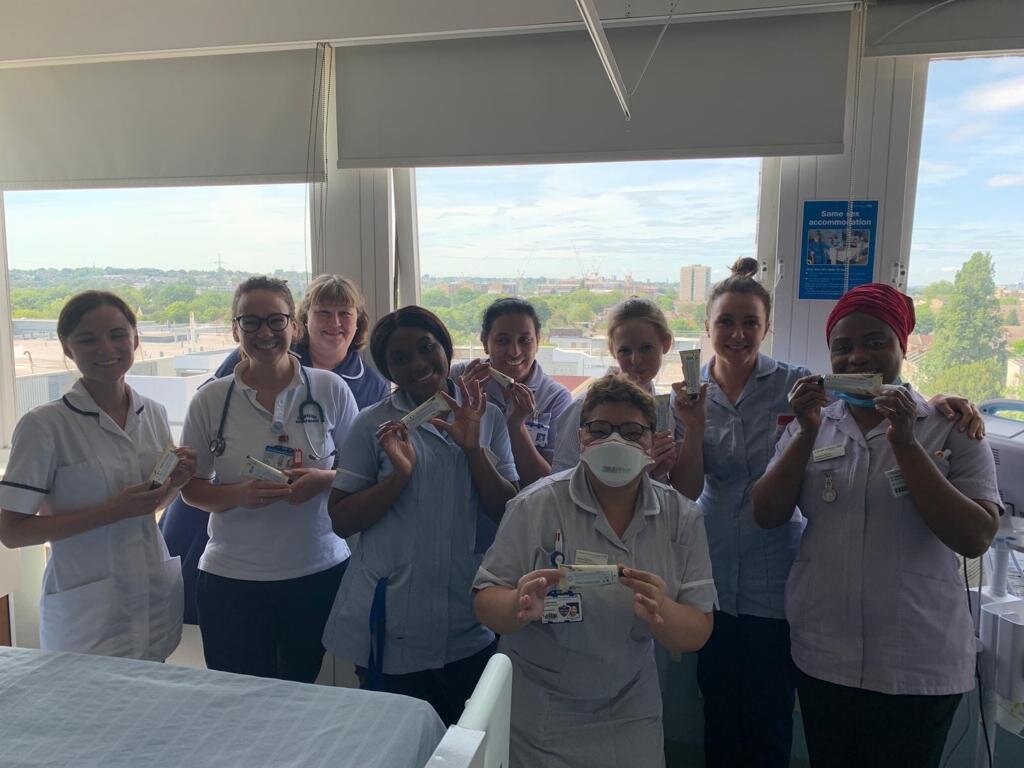
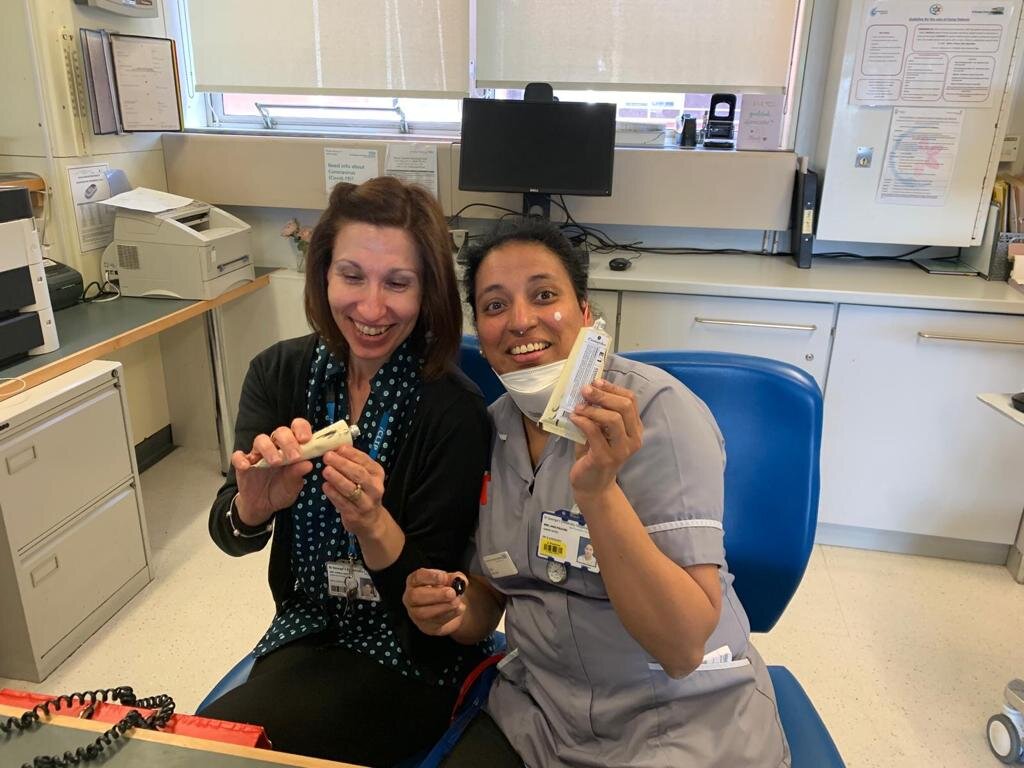
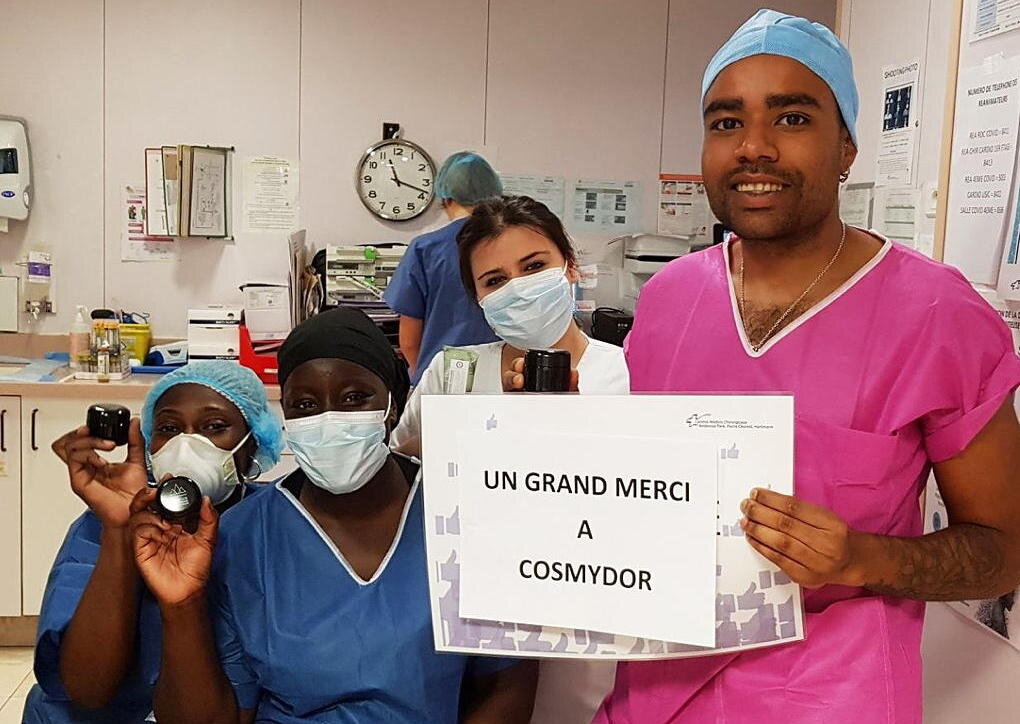
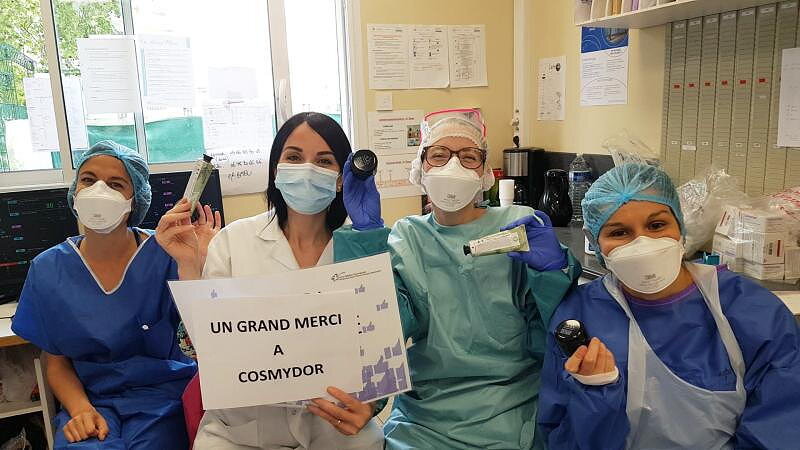
We launched the “HELPING HANDS SAVE LIVES” programme and will initially give soothing, regenerating and hydrating hand care products to 800 medical staff. The first hospitals to receive them are Hôpital Tenon (Paris), Clinique Ambroise Paré (Neuilly-sur-Seine), American Hospital (Neuilly-sur-Seine), CH Eure Seine (Evreux), Guy's and St Thomas’ Hospital (London), St George’s (London), with more coming soon.
In the name of carers we would like to thank Cosmydor’s clients. Ultimately they make this initiative possible.
